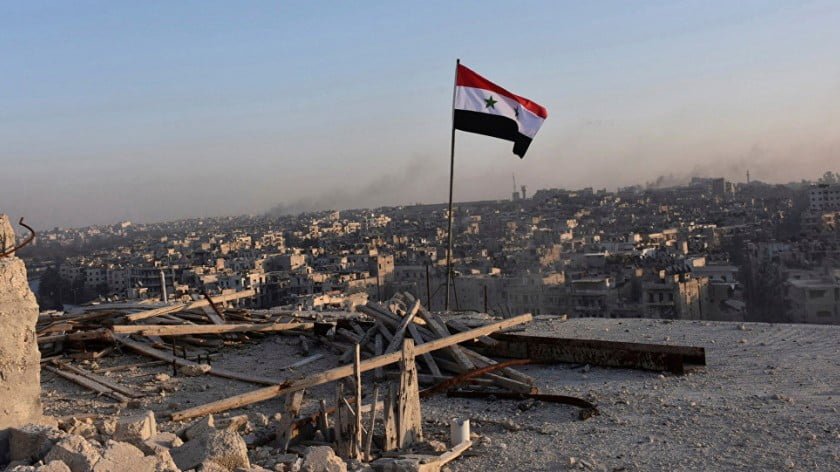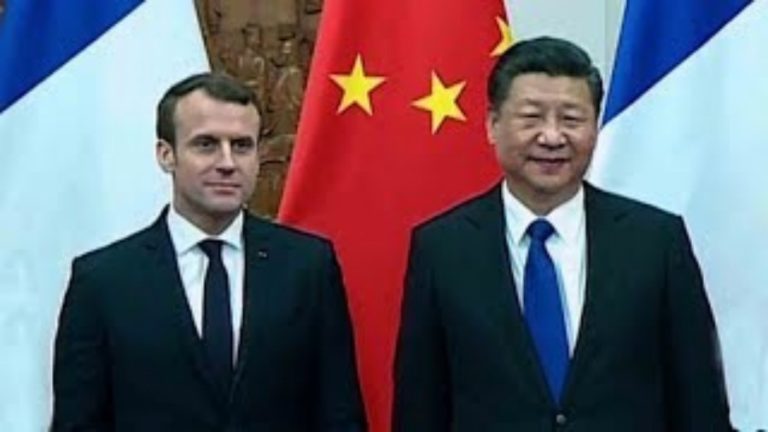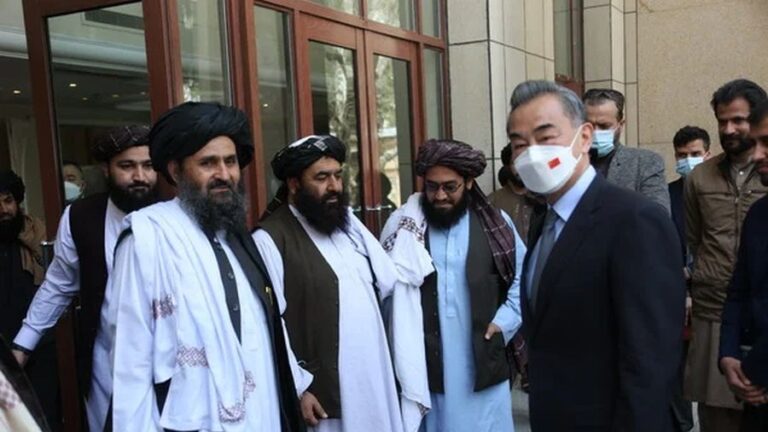The Syrian End Game Is Becoming Clearer, And It’ll Probably Be Decentralization
Trump’s National Security Advisor is visiting the GCC+ (the Gulf Monarchies plus their Jordanian and Egyptian allies), Israel, and Turkey in an effort to explain to them the grand strategy that the President has in mind by withdrawing American forces from Syria. There are plenty of moving pieces and the situation remains fluid, but it’s still possible to ascertain an idea of what the US is trying to achieve there as a result of Bolton’s whirlwind diplomacy in the region, whether or not it ultimately unfolds as expected. Bearing in mind the current dynamics of the conflict around Idlib and the Northeast, especially regarding the contentious issue of the Syrian Kurds, here’s the master plan that Bolton is trying to advance through his latest Mideast tour.
The YPG Kurdish militia – which Turkey regards as a terrorist group – has requested the assistance of the Syrian Arab Army (SAA) in Manbij in order to deter Ankara’s threatened intervention there, and it seems like they’re in promising talks with one another over reaching a larger deal. One hint of what this might entail came from “Syrian Democratic Forces” (SDF) commander Redur Khalil who said that “reaching a solution between the autonomous administration and the Syrian government is inevitable”, which interestingly dovetails with the proposal first officially put forth in the Russian-written “draft constitution” for Syria that was unveiled almost exactly two years ago in reaction to the Kurds’ self-declared “federalization” in spring 2016.
A further convergence of interests comes from the US clarifying that it won’t withdraw from Syria unless Turkey ensures the security of the local Kurds there, which was followed up by President Erdogan announcing his support of local self-government in the region so long as PKK-linked groups like the YPG aren’t represented there. Slowly but surely, everything seems to be coming together to the point where a realistic scenario might be that the SAA and the YPG reach an “autonomy” deal to allow Damascus to regain control over the country’s international borders in the northeast in exchange for giving the Kurds “self-rule” over the region, the details of which would be decided throughout the course of the forthcoming constitutional reform process mandated by UNSC Res. 2254 It should go without saying that any progress on this front could also have a so-called “demonstration effect” in encouraging a similar “decentralization” process in Idlib, which might result in it becoming more of an internationally recognized part of Turkey’s unofficial “sphere of influence” in Syria if it’s successful.
Having said that, the entrenchment of Turkish influence in Idlib and its possible expansion into the Northeast will probably be countered by the GCC countries that Syria is currently reconciling with, though in exchange for Damascus requesting Iran’s dignified but “phased withdrawal” from the country sometime later this year. That eventuality would nullify the reason for Israel to continue striking Syria and could even lead to a “détente” of sorts between the two historical adversaries.
While there’s no guarantee that events will unfold according to this master plan, it nevertheless appears to be the most logical end game in sight given what’s publicly known about all parties’ positions at this time, though it could always be offset by one of them if they decide to play the spoiler.
By Andrew Korybko
Source: Oriental Review







